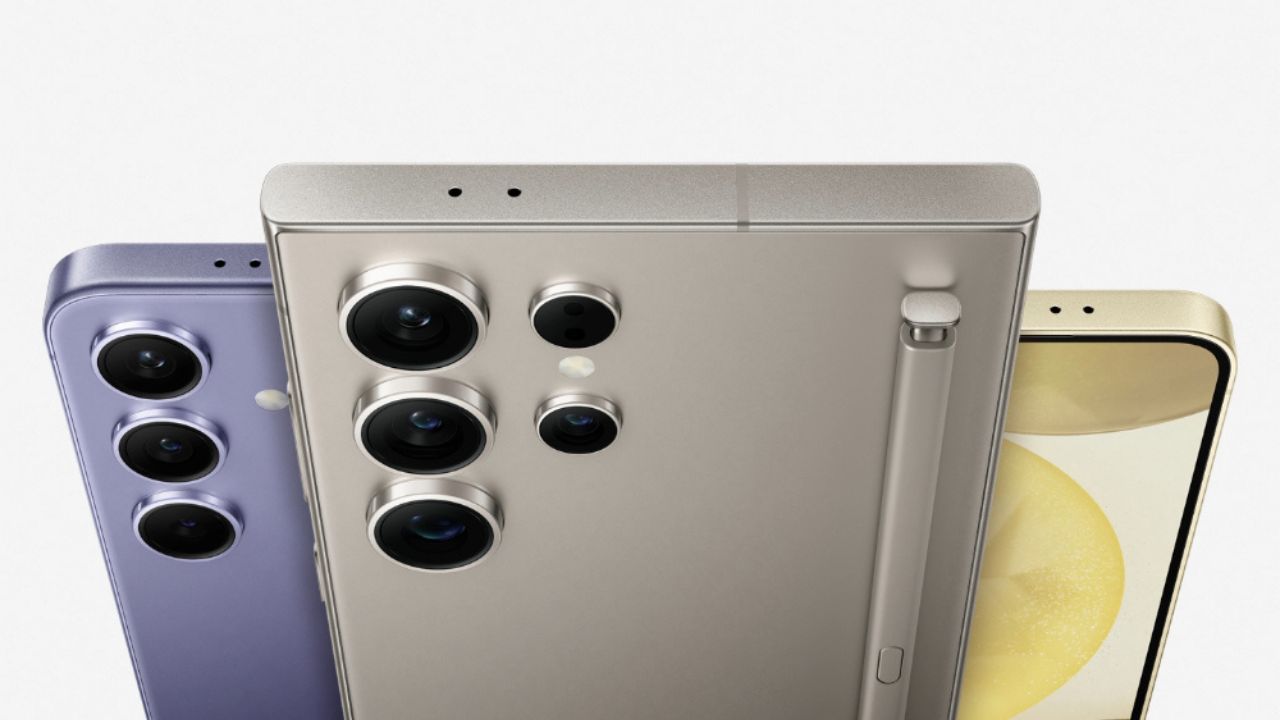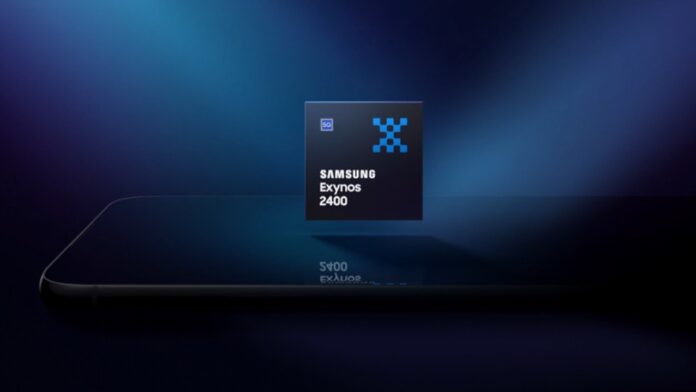Samsung’s latest Galaxy S24 series flagships come powered with Snapdragon 8 Gen 3 in countries like the USA and Canada but the majority of the regions where the devices are being sold, including India, get the Exynos 2400 Chipset under the hood of Galaxy S24 and the Galaxy S24+. What does the chip have to offer? Let’s take a look.
Exynos 2400: All Details
The Exynos 2400 packs a Deca-core CPU with a tri-cluster architecture. This consists of one Cortex-X4 large core, five Cortex-A720 medium cores, and four Cortex-A520 little cores. While the exact clock speeds for these cores weren’t revealed, Samsung did confirm that two of the medium cores run at “high frequency” and three of them medium cores run at “low frequency”.
Most flagship chipsets nowadays have an octa-core CPU setup but with Samsung opting for a deca-core system, it will interesting to witness the performance of the chip in real world usage. Either it could work very well for the brand or it could go completely haywire, similar to what we have seen with Exynos chips in the past.

Then, the chip supports Hardware Ray Tracing for gaming, similar to the Snapdragon 8 Gen 3 and the MediaTek Dimensity 9300 processor. It is enabled through the Xclipse 940 GPU based on AMD’s RDNA3 graphics architecture. It also supports global illumination. Additionally, there’s on-device AI technology support. For display, it supports up to 4K/WQUXGA Resolution running at 120Hz or a QHD+ resolution running at up to 144Hz refresh rate.
Read More: Samsung Galaxy S24 Series India Price Announced: Details
The chip is based on Samsung’s own 3rd generation 4nm low-power process node. The Exynos 2400 is also the first Exynos Processor to use a Fan-out Wafer Level Package (FOWLP) to boost thermal management so you can push games and apps further and longer, claims the brand. Overheating has been a characteristic of Exynos chips for a long time but with Exynos 2400, Samsung says it has “made major improvements in heat management by developing packaging with lower heat resistance, while enabling a small form factor, so your device stays cooler even during long App use and intense gaming sessions”.
As for optics, there’s up to 320MP camera support, or a 108MP camera at 30fps or a 64MP+32MP dual camera system at 30fps. Samsung is further backing the optics with “deep learning fusion engine” and hardware support for noise reduction.
For connectivity, there’s a 5G NR Modem in the Exynos 2400 that delivers seamless communication in both FR1 and FR2, with support for 3GPP’s latest Rel.17 standard. It supports downlink speeds of up to 9.6Gbps in FR1 and 12.1Gbps in FR2.
A vital part of Galaxy S24 series is the set of AI features it comes preloaded with, called Galaxy AI. While some of it is handled by Google on cloud, a lot of it depends on the processing power of the chipset itself. As a result, Samsung claims that the new Exynos chipset offers a 14.7x boost in AI performance over the Exynos 2200 we saw in 2022’s Galaxy S22 series. Further, the chip delivers an NPU with 17,000 MACS of AI computing power.
Exynos 2400: Our Take
With all the improvements we are currently seeing on Exynos 2400, at least on paper, it seems like Samsung has done a major amount of work with the chip to balance out efficiency with thermal management. Exynos chipsets have always had issues with battery life, thermal throttling, and overall efficiency that adversely affects the overall experience of using Samsung’s latest flagships.
This time around, along with improvements in Exynos, Samsung has also done improvements in other aspects of hardware. According to the brand, the Galaxy S24 has a 1.5x bigger vapour chamber than the Galaxy S23. The Galaxy S24+ has a 1.6x bigger vapour chamber system than the Galaxy S23+. The Galaxy S24 Ultra has a 1.9x vapour chamber cooling system than the Galaxy S23 Ultra.
We feel that Exynos 2400 may turn the tables this time around, but until we use the handsets and check it for ourselves, there’s nothing we can confirm at the moment. Stay tuned for our full review of the devices where we’ll push the new Exynos to its limits.


